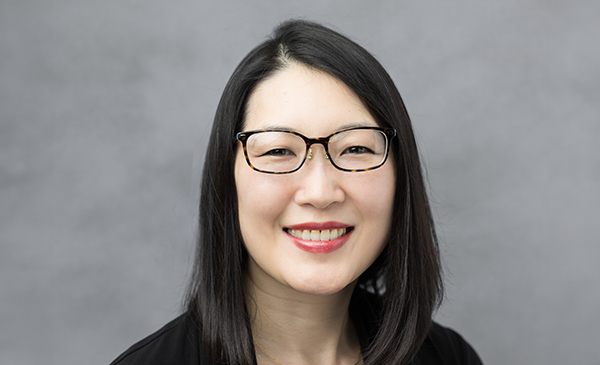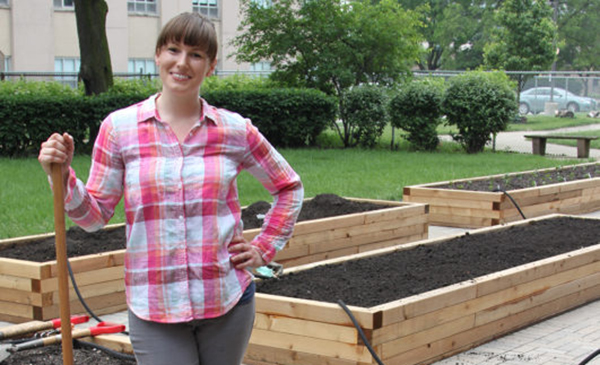MS in Nutrition
Become leaders in research, education and public service in nutrition and dietetics
UIC’s Master of Science in Nutrition focuses on advanced studies that lead to a better understanding of the relationships between nutrients and human health.
Whether you’re already a Registered Dietitian or you’re just getting started in the field of Nutrition, our Master’s program will prepare you for practice in a wide range of practice settings from the community to healthcare to private practice, while giving you a strong foundation to engage in a scientific research career if you choose to pursue a PhD after completion of your MS.
Our program concentrates on preventing and treating nutrition-related diseases to help people live their healthiest lives. You will gain expertise in nutrition studying food composition, energy needs, and the psychology of behavior change. You will focus on individuals, their unique relationships with food, and the barriers they face when trying to attain their health goals.
Which path is right for you?
Pride points
-
11% increase in demand for registered dietitians projected by 2028 according to the U.S. Bureau of Labor and Statistics
-
Over 90% of master's coordinated program grads pass RD exam within one year of graduation (compared to a national average of 80%)
Links
Your career
This is an exciting time for the field of nutrition and dietetics. There is and will continue to be an increased demand for our expertise and services. Not only is employment of dietitians and nutritionists projected to grow but, according to the Bureau of Labor Statistics, “Employment of dietitians and nutritionists is projected to grow 11 percent from 2018 to 2028, much faster than the average for all occupations. The role of food in preventing and treating diseases, such as diabetes, is now well known. More dietitians and nutritionists will be needed to provide care for patients with various medical conditions and to advise people who want to improve their overall health.”
The demand for Registered Dietitians is fueled by the growing and aging population, increased public interest in nutrition, and the food industry’s desire to meet public demand for a wider variety of nutritious products. RDs have the opportunity to make a significant impact in the health of our nation.
As an RD, you can look forward to a career in unique areas of dietetics like clinical dietetics, positions in the federal government, or consulting and private practice. Our traditional program graduates often find employment in community nutrition, public relations, government, private practice or research.
Learn from the best
We're here for you

We’re here for you
Still wondering what an MS in nutrition can do for you? We’re here to answer your questions.
Contact Shayna at:
Email soshit2@uic.edu
Phone 312.413.9896
Address 1919 W. Taylor St.
644 AHSB, MC 517
Chicago, IL 60612



